Top 9 Stages of Mobile App Development Process
13 Nov 24 

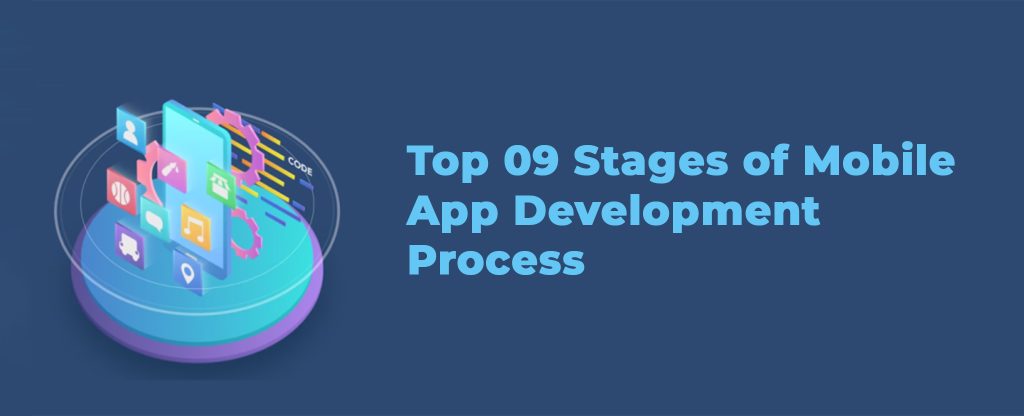
In recent decades, Stages of Mobile App Development Process has flourished. It continues to expand alongside the mobile device industry, and there is still a significant amount of room for improvement.
According to Statista, there will be over 3 million mobile apps available on the Google Play Store and 2 million available on the Apple App Store in 2020. There are numerous mobile apps for a variety of purposes, including communication, search, navigation, shopping, entertainment, education, and health.
By 2023, global revenue from mobile apps is expected to reach $935 billion.
Many businesses are attempting to join the mobile app industry because of the potential for significant revenue and other benefits. However, mobile app development is far from a straightforward, one-time endeavor.
A company must go through several phases for successful mobile app development, each of which is essential to the final product. Let’s go over each of the 9 important stages in the app development process.
Idea Generation
An idea is the foundation of every mobile app design and development process. Doesn’t that sound easy and obvious?
However, this is the foundation of success if you want to see your app launched and downloaded. Your idea needs to be more than just good in your head; it also needs to solve problems in real life. And for that, more than one question about the app’s purpose is required.
Determine the responses to the following questions when developing an app concept:
- Goal of app: What is your app’s purpose? What problem will it solve?
- Audience of interest: Who is going to install the app?
- USP: What features would set your app apart from the competition?
- Investment: How will you allocate your time, effort, and money?
- Analyses of rivals: Do your rivals offer apps for mobile devices? What distinguishes them most?
- Timeframe: When do you want the app to start?
- Marketing: How will you get the app in front of your intended audience?
- Maintenance: How will you keep the app up to date and performing well?
Market Analysis and Strategic Planning
It’s time to conduct a market analysis and make plans for your project now that you have your answers from the first phase. Probably the most crucial component of the entire procedure are these steps. It can demonstrate the viability of your concept and provide valuable insights for subsequent development.
Market Analysis
Surveys, in-depth or group interviews, desk research, and focus groups are a few common types of research methods.
Talk to your current or potential customers to learn about their real needs, the features of a mobile app that can entice them to download it, whether they are using an app like one from a competitor, and any other opportunities that may be available to your company.
Conduct research on your competitor’s key features and how they keep their apps running (if they have any). Also, check out the trends in your market to see if there is room for a mobile app (visit the app stores).
Strategic Planning
It is time to plan your strategy after a thorough analysis stage. Execute your plan using the data you have.
Utilize SMART (specific, measurable, attainable, realistic, and timely) objectives to define your objectives. The development process will be more efficient the more precise and detailed you can be with the objectives.
After that, you need to select a name for your app, define the app’s functionality in detail, and allocate your time, money, and other resources. After that, a plan for marketing, providing support to customers, and updating the app is required.
Monetization Strategy
You are creating a new mobile app development strategy. But how do you do it? Here are many of the approaches to doing this:
- In app ads-Affiliate ads, banner ads, reward ads etc.
- Subscription and premium-Initial free app download for trial run, and then users need to pay for
Premium features
- In-app purchases: initiate money by selling virtual or physical goods within the app.
- Transaction fees-Apps that has a marketplace can levy transaction fees when the users sell their
Products online through their platform.
Outsourcing Mobile App Development Approach
First, you need to decide whether your company and the scope of the project will benefit from an mobile app development company. For new businesses and start-ups, the most common strategy is to hire a mobile app development company.
Try asking people you know, looking online, and going to conferences to find a good development company.
Technically, a project could be managed by a group of four to ten specialists. However, the scope of the project will obviously determine the final team size. There should be a project manager, a sales manager, Scrum masters, developers, designers, and QA engineers for iOS and Android on the team.
Consider the company’s experience and skillset, request a bespoke solution, and beforehand discuss the cost and support services (especially for the post-launch phase).
App Design
Your mobile app needs to be user-friendly, interactive, and engaging to be successful, and it also needs to solve the user’s problem.
To win over the user’s heart, the app must have a polished appearance and perform well.
Building Process
The actual stage of developing a mobile app comes next. Within the constraints of time and money, the objective is to produce the best possible version of the product you have in mind. Choose the mobile app platform for which you are building first. The most important platforms for developing mobile apps are:
- Native programs: These apps are made for a specific platform. Even though they provide the best user experience, they are more difficult to create.
- Web apps: The development of these apps takes less time and costs less money, and they work well on a variety of platforms. Web apps can be built with HTML5, JavaScript, or CSS.
- Hybrid apps: These are the up-and-coming players in the mobile app development industry. Native containers that have already been built must be used in conjunction with on-the-fly web coding.
Creating the Prototype
Create a functional prototype that is more like the real thing in terms of layout and features before building and releasing the app in the app store. The prototype can be used to present your product to investors and potential customers, obtain licenses, define APIs and databases, and determine storage requirements.
Mobile App Development Testing for its Performance
Without a beta test, launching a mobile app can be disastrous. You have no idea how the mobile app you created will perform when used by multiple people in real life. A severe beta test will assist you with getting criticism from your objective clients, procuring perceivability in application stores, and fixing what should be fixed in your application. However, when conducting a beta test, there are a few things to keep in mind, such as:
Identify who you want to reach:
This will assist you with finding the right analyzers, which brings about a significant market examination.
Spot and dispose of bugs:
Because you will be introducing your app to your audience, even the beta version needs to be perfect. Therefore, during the initial testing phase, try to eliminate all bugs.
Releasing the app
You are now prepared to release that mobile app to a wider audience after a successful testing phase. The mobile app can be made available for either Android or ios, or for both. Keep in mind that both of these app stores require you to have a developer account and have distinct policies regarding the publishing of new apps. For a fee, you can also sign up as an individual or business with them. You can publish your Android mobile app immediately and have it reviewed later through Google Play.
Support & Maintenance
Support and maintenance services for mobile apps help to make sure that mobile apps always work well and have the right features. Improve mobile app competitiveness, user satisfaction, and loyalty can all be achieved through systematic and result-oriented maintenance.
Conclusion
Someone new to mobile app development may think the process is long and laborious, but with the right training and tools, they can become an expert. Customers have an exciting way to access your products thanks to mobile apps, which are a digital extension of a brand. Your revenue will rise as a result of a well-designed mobile app, as will your credibility among your target audience.
Are you looking for a mobile app development company to meet your needs? Contact Mindster right away.
- Agentic AI1
- Android Development3
- Artificial Intelligence32
- Classified App3
- Custom App Development5
- Digital Transformation12
- Doctor Appointment Booking App14
- Dropshipping1
- Ecommerce Apps40
- Education Apps2
- Fintech-Apps37
- Fitness App4
- Flutter4
- Flutter Apps20
- Food Delivery App5
- Grocery App Development1
- Grocery Apps3
- Health Care10
- IoT2
- Loyalty Programs9
- Matrimony Apps1
- Microsoft1
- Mobile App Maintenance2
- Mobile Apps128
- Product Engineering6
- Progressive Web Apps1
- React Native Apps2
- Saas Application2
- Shopify9
- Software Development3
- Taxi Booking Apps7
- Truck Booking App5
- UI UX Design8
- Uncategorized6
- Web App Development1








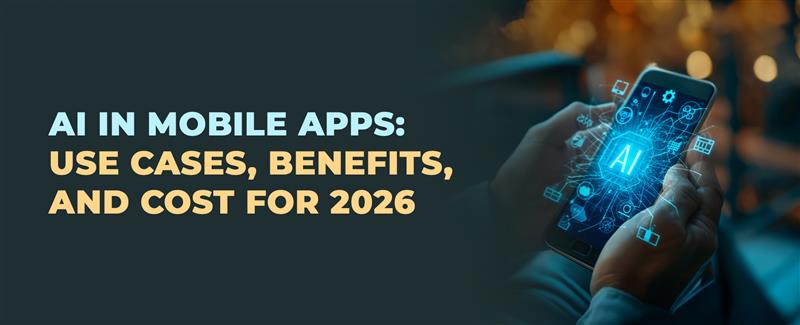
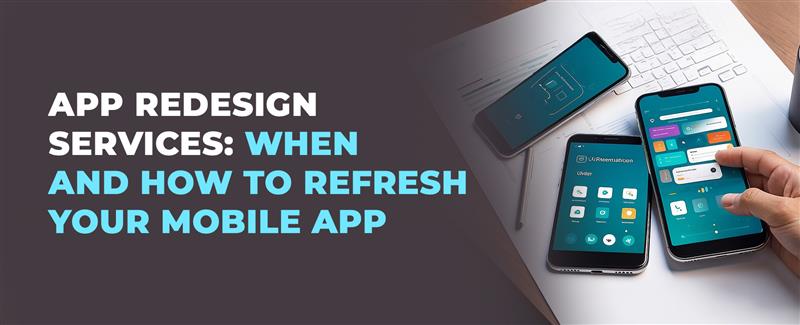
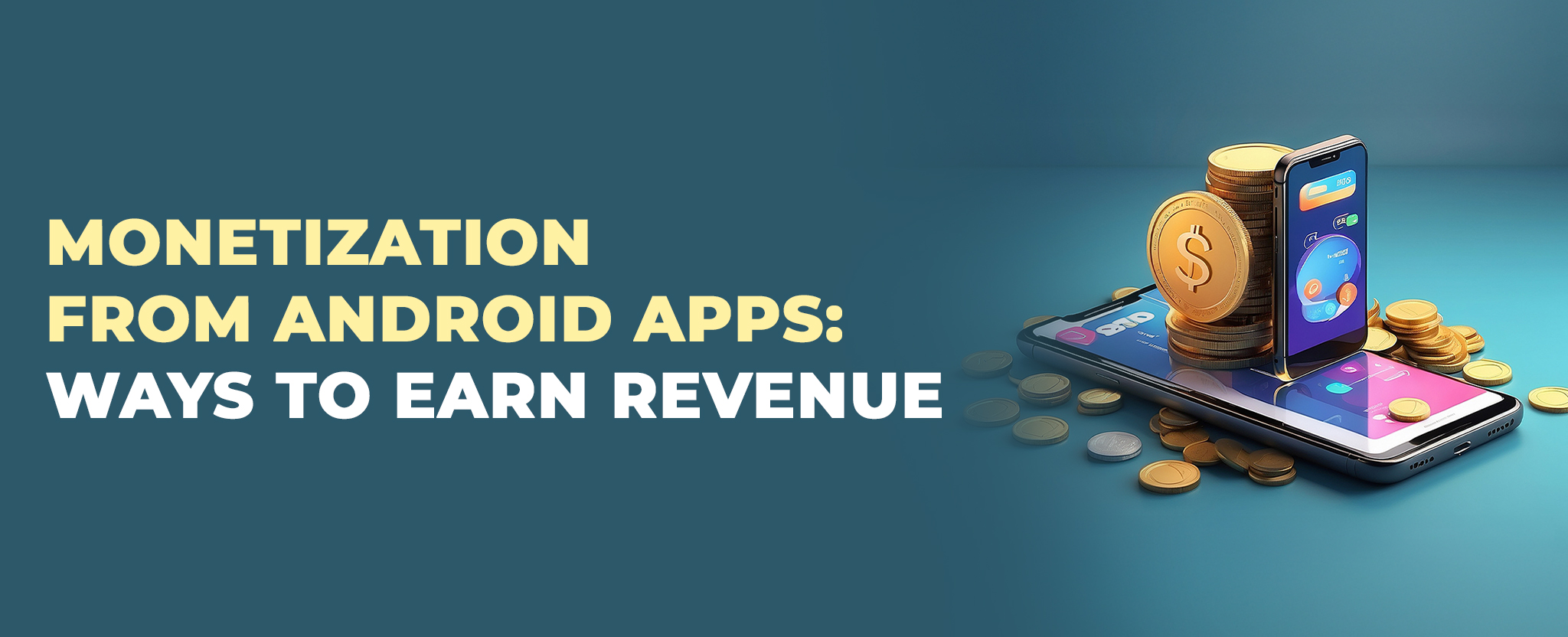
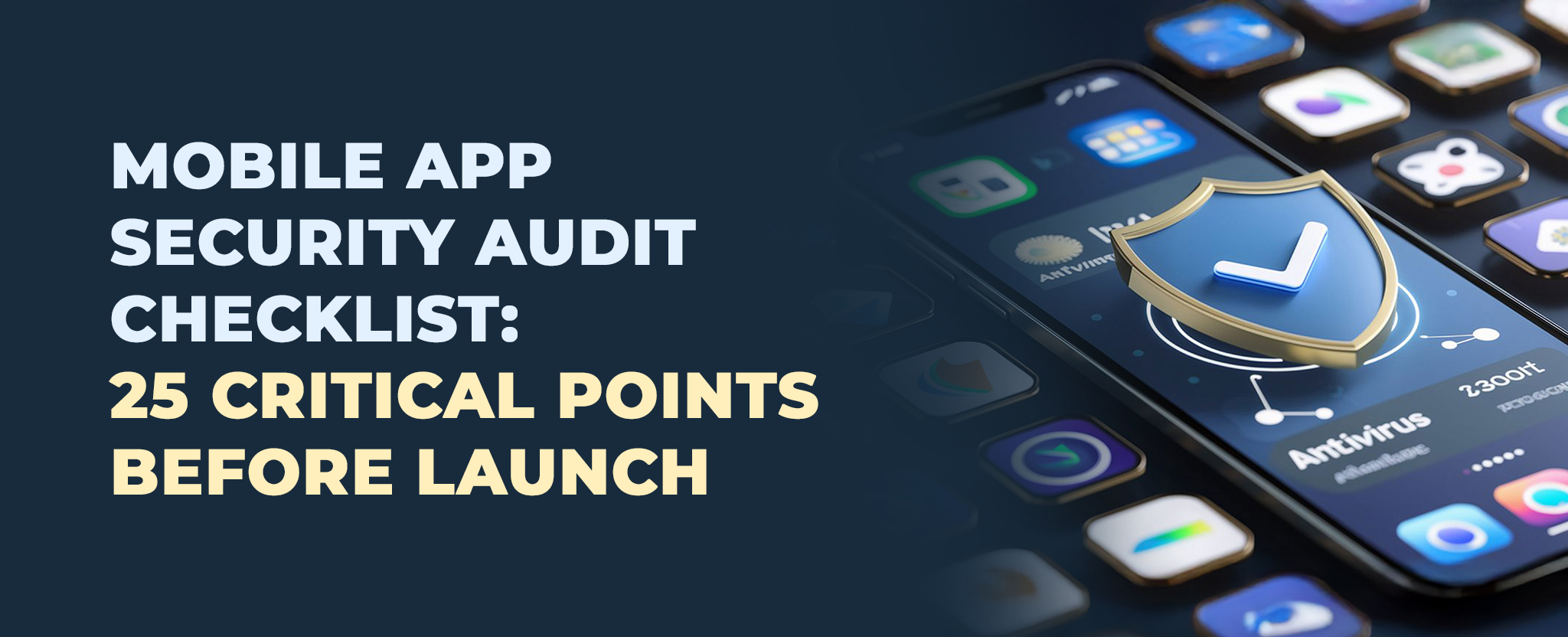






Comments